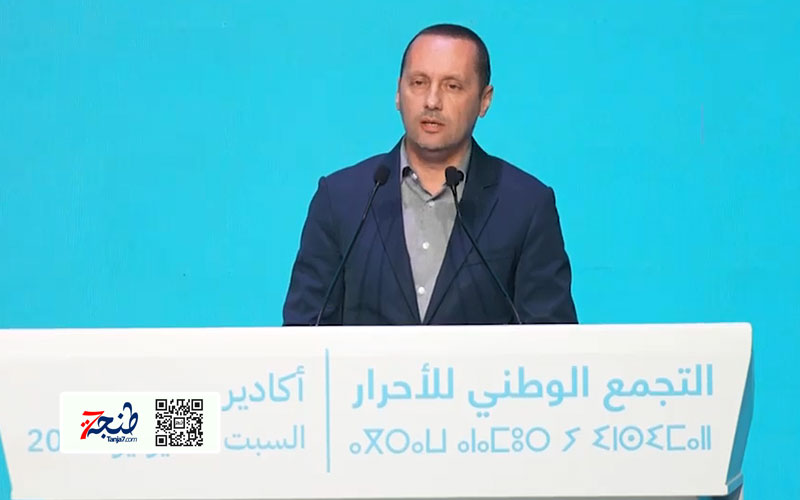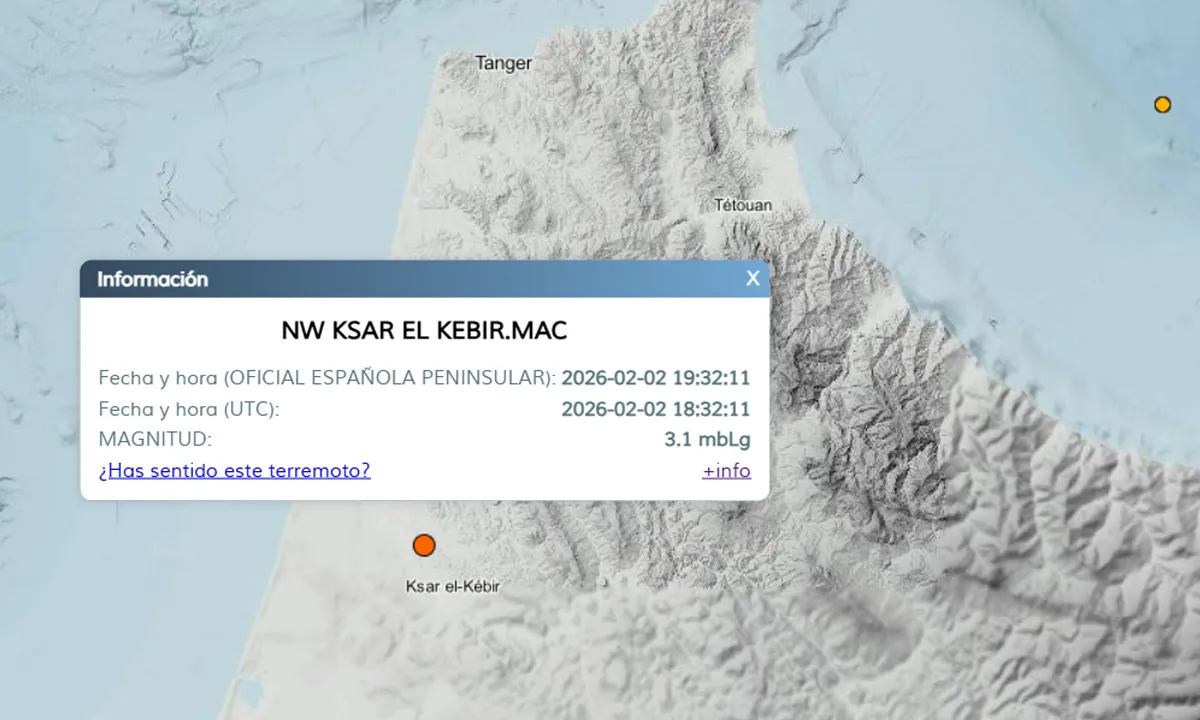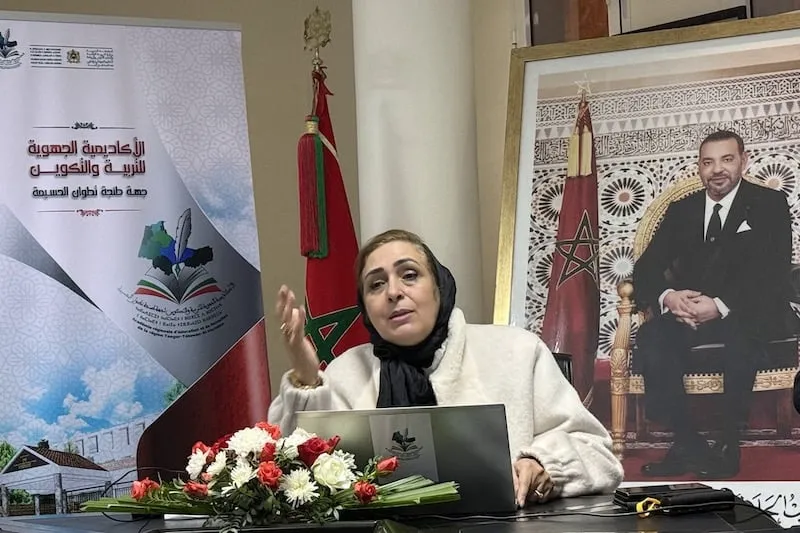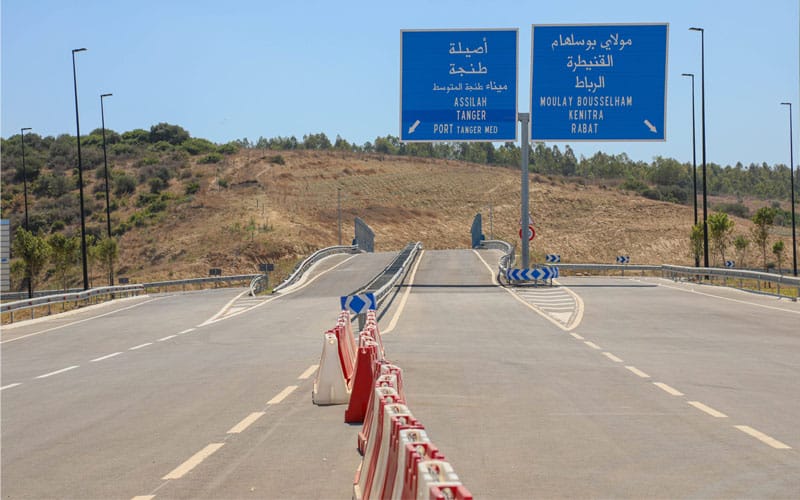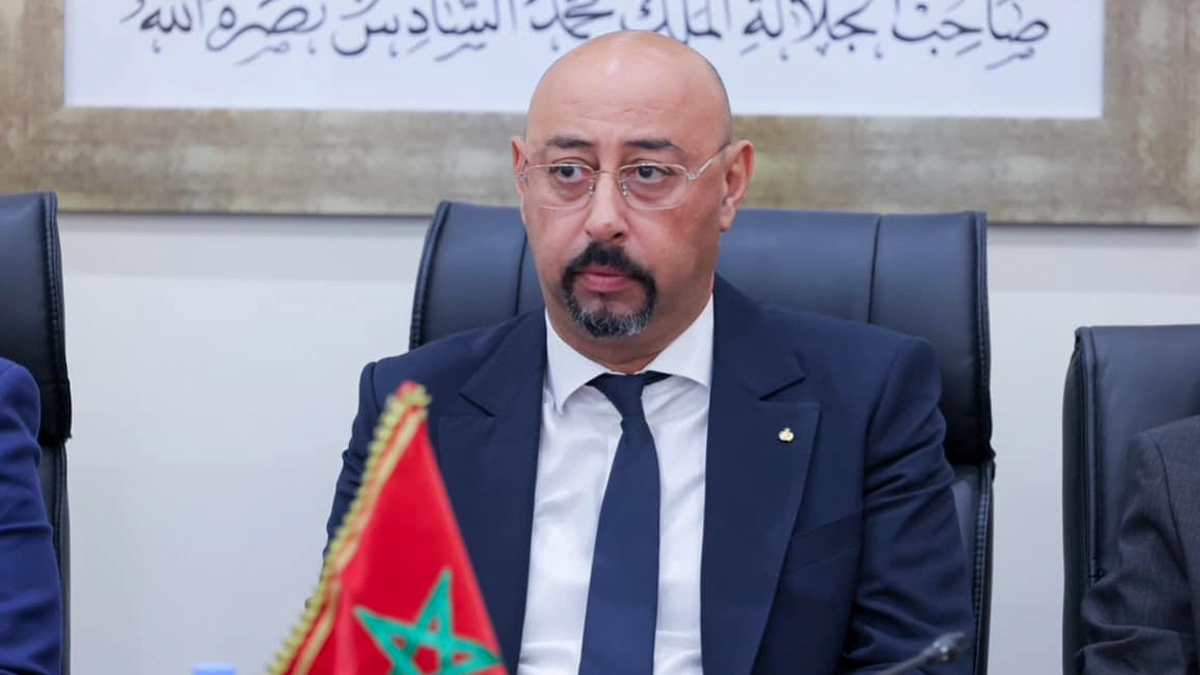Health Minister Announces Comprehensive Reforms in the Health Sector
- Strong Governance: A Cornerstone of Health Sector Reform
- Enhancing Patient Reception and Standardizing Treatment Pathways
- Strengthening Investment in Infrastructure
- Addressing the Shortage of Human Resources
- Digitization of the Health Sector and Electronic Medical Records
- Regional Health Groups: A Model Starting in Tangier
- Creation of New Bodies to Support the Health System
Amin Tehrawi, Morocco’s Minister of Health and Social Protection and a member of the National Rally of Independents, confirmed during a party-organized meeting that a comprehensive reform of the health sector is underway. This reform includes a review of the terms of engagement for workers in security, cleaning, and reception roles within hospitals.
The minister stated that the objective of this review is to contract companies that prioritize worker welfare and adhere to the minimum wage standards. The goal is to ensure staff are adequately trained to treat Moroccans with respect and receive patients appropriately.
Tehrawi emphasized that these reforms align with the directives of King Mohammed VI, part of a broader vision to enhance healthcare offerings and improve infrastructure. The reforms also aim to digitize the sector and reduce disparities in access to health services, with a focus on strong governance as a fundamental pillar of this national initiative.
Strong Governance: A Cornerstone of Health Sector Reform
Tehrawi underlined that no health reform can succeed without transparent and robust governance. In this context, he highlighted the revision of the support service agreements in hospitals and health centers. He stressed that contracted companies must deliver high-quality services while ensuring humane working conditions for their staff and compliance with minimum wage laws. This initiative aims to improve patient experiences and uphold their dignity during treatment while fostering a motivating work environment for health workers.
Enhancing Patient Reception and Standardizing Treatment Pathways
The minister outlined the ministry’s efforts to improve patient reception and care within health institutions. A significant initiative involves standardizing treatment phases across different regions by implementing a shared medical file system. This system aims to facilitate the tracking of patient health status and reduce the time between diagnosis and treatment, thereby improving service efficiency. Tehrawi assured that these reforms are not merely temporary solutions but part of a comprehensive strategy to restructure the entire health system.
Strengthening Investment in Infrastructure
Tehrawi revealed that over 40 billion dirhams will be allocated to enhance health infrastructure. This investment encompasses the construction of university, regional, and provincial hospitals, in addition to health centers closer to citizens. Efforts are also underway to equip these institutions with the latest medical technologies to ensure high-quality service delivery. The projects aim to minimize regional disparities and achieve equitable distribution of health services nationwide.
Addressing the Shortage of Human Resources
One of the major challenges facing the health sector is the shortage of human resources. To tackle this issue, the minister announced a plan to double the number of training seats for doctors and nurses. The network of health institutes and colleges will be expanded in cities like Tangier, Guelmim, Dakhla, and Zagora. Incentives such as variable salaries based on region, compensation for working in remote areas, and improved working conditions are being introduced to attract health professionals and mitigate their migration.
Digitization of the Health Sector and Electronic Medical Records
Digitization is a principal priority in the ministry’s reforms. Tehrawi explained that the ministry aims to unify information systems by 2026 and transition medical documents to electronic formats in collaboration with the National Social Security Fund. The development of electronic medical records will ensure precise tracking of health cases and enhance service quality.
Regional Health Groups: A Model Starting in Tangier
A key strategic project initiated by the ministry is the establishment of regional health groups. These groups aim to grant administrative and financial independence to regions in managing health matters. The pilot project is currently being implemented in the Tangier-Tetouan-Al Hoceima region, with plans for gradual expansion to other regions of the country. Through these groups, the ministry seeks to bring health services closer to citizens and address the specific needs of each region while strengthening local governance.
Creation of New Bodies to Support the Health System
Tehrawi announced the formation of new agencies, including a blood agency, a drug agency, and a health agency. These bodies aim to enhance the management of health resources and ensure the quality of medical products, playing a crucial role in regulating the sector and boosting its effectiveness.
The minister concluded by affirming that these reforms are part of King Mohammed VI’s vision for an equitable and comprehensive national health system. By strengthening governance, improving infrastructure, digitizing the sector, and establishing regional health groups, the ministry aims for a qualitative leap in service quality while ensuring equitable access for all citizens. The remaining challenge lies in effectively and transparently implementing these reforms to meet Moroccan expectations and reinforce public trust in the healthcare system.




